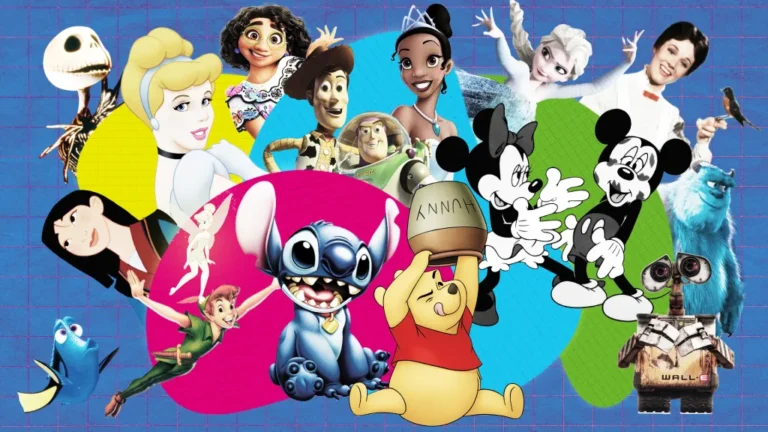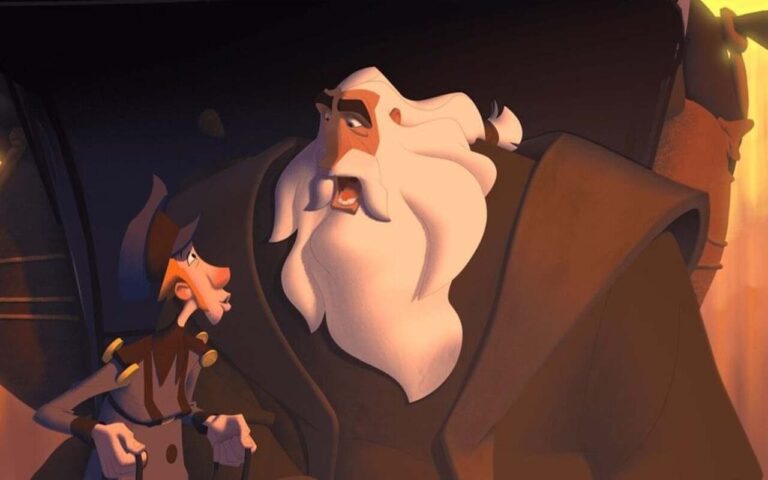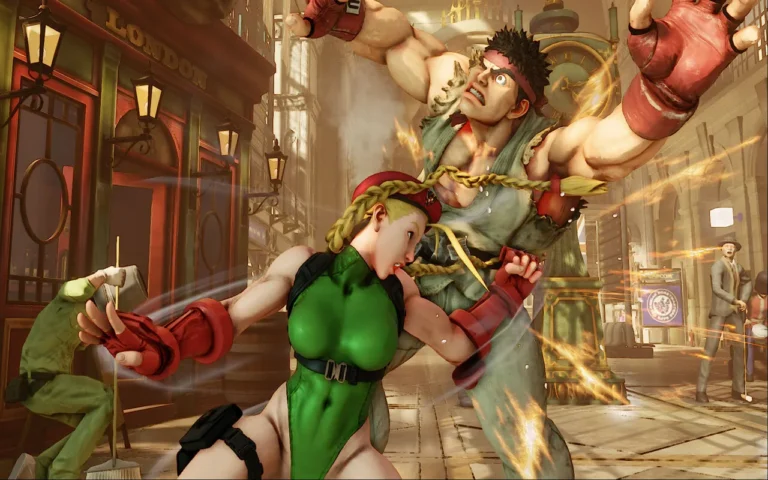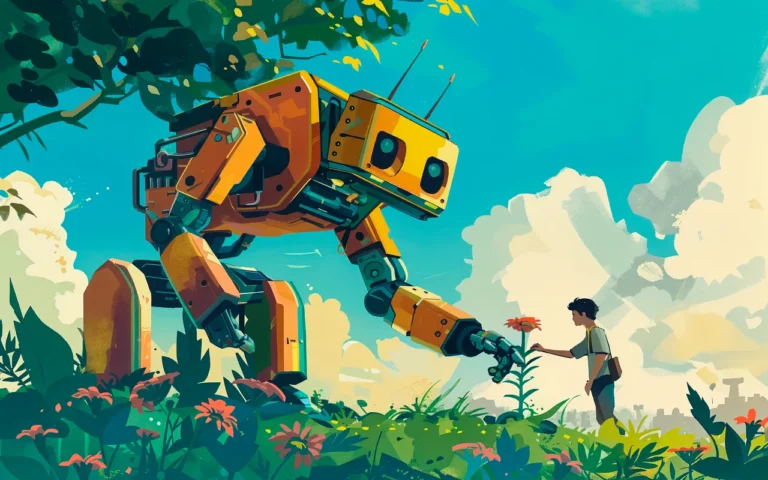If not the best, Pixar is undoubtedly one of the most popular animation studios on the face of the planet. But if you’re reading this article, you sure want to know why this studio is so successful, right? Pixar’s success stems from its exceptional storytelling ability, combining emotionally resonant narratives that appeal to all ages with cutting-edge animation technology. The studio’s focus on quality over quantity, strong company culture fostering creativity, and meticulous attention to detail in animation and world-building also contribute significantly.
In this article, we’ll look at the story behind the success of this major company.

Need Animation Services?
Visit our Animation Service page to see how we can help bring your ideas to life!
A Brief History of Pixar
Does The Graphics Group ring a bell? It surely doesn’t. It was a division of Lucasfilm, an entertainment company and a subsidiary of Walt Disney.
The Graphics Group became Pixar in 1986 after it was sold to Steve Jobs, and they started creating CG animation for commercials. The first feature-length computer-animated film they released was Toy Story which achieved worldwide success.
The Secret of Pixar’s Success
Emotional Storytelling
By the time of the release of Toy Story, Pixar wasn’t the first animation studio out there, so what happened? What made this animation studio so special? We can narrow it down to three things, emotional storytelling, emotional storytelling, and emotional storytelling. Just kidding. Although, we must admit that this has been their major strength, but certainly not the only one.
Visual Innovations
They have elicited the most emotional responses through animated films ever, but what also helped them pave their way to success has been visual innovations. State-of-the-art visuals interweaved with moral concepts and adventurous stories have created fantastic worlds and characters that convey important messages. These characters have become role models for kids.
Wide Range of Audience
But the kids are not the only audience for Pixar movies. The emotional movies that Pixar creates resonate with audiences of all ages because they display the fundamental truths about being human, and explore complex emotions like hope, tragedy, death, etc.
Embedding Creativity Into Culture
Pixar designed a culture of collective creativity with a core of values and purpose.
Below you can see some of the fundamental values and principles in Pixar’s culture:
- Failure isn’t a necessary evil
- Quality is the best business plan
- Don’t confuse the process with the goal
- People are more important than ideas
- Prepare for the unknown
Some of the priorities that Pixar establishes include:
- Smart people even over breakthrough ideas
- Trust people even over the process
- Build community over free agency
- Creative vision even over conformism
Assembling the Right Team
How do they put all these great ideas, innovations, and creativity into action? The answer is through the right team. Ed Catmull, one of Pixar’s founders, explains in his book how vital it is to have the right team to achieve great results. He believes if a good idea is given to a mediocre team, they’ll probably screw it up. But when you have a great team, if you give them a mediocre idea, they’ll most likely make it work.
The fact that the teams in Pixar have always managed to deliver is no accident. It’s the result of extremely difficult challenges. They are open to taking risks. They know their customers expect to see something new every time. It’s downright scary, but they know if they don’t try new things, they might not be able to fulfill the customers’ needs, and given that they have a peer culture, people at all levels support one another. In this culture, everybody should be able to talk to anyone, and it must be safe for everyone to speak about their ideas.
They also have a brain trust group. The group consists of directors that offer advice on works in progress, but the brain trust has no authority, which means it’s up to the production leaders to decide what to do with the advice.
Read More: Merger of Disney and Pixar
Other Pixar Facts
Here are some interesting facts about Pixar that you probably don’t know:
- John Lasseter, the genius behind Pixar films and chief creative officer, used to work at Disney but he got fired because he was pushing them to use computer.
- During the production of Toy Story 2, the animators had such a heavy workload that many developed carpal tunnel syndrome, and one of them even forgot that he had left his baby in his car all day.
- Toy Story 2 was almost accidentally deleted by an employee during production. The movie was nearly complete when someone hit the wrong button, and the film’s files began to disappear. Luckily it was recovered through the efforts of the Pixar staff.
- The idea of four of the most famous films of this studio (Monsters Inc., A Bug’s Life, Finding Nemo, and Wall-E) was conceived in a lunchtime brainstorming session in 1994 at the Hidden City Cafe in Point Richmond, California.
- Princess Merida’s hair in Brave required new software. The engineers at Pixar developed not only one but two software which allowed the simulation of 1500 strands of curls to move together while she moved; dazzling, isn’t it?
- Luca is based on a True Story, and the inspiration comes from a very personal connection with Luca’s director Enrico Casarosa.
- Joe Ranft, the chief creative officer and co-director/writer of Cars, died in a car accident in 2005 while Cars was still in production.
- Ratatouille boosted demand for pet rats. After Ratatouille’s success in 2007, rat sales increased by 50%.
- The final balloon count in the animation Up was 10,297.
Final Thoughts
In conclusion, the emotional depth of the stories, their eye for detail, the way the films appeal to both children and adults, the relatable and unique characters, and their cutting-edge animation and effective teamwork have made Pixar one of the world’s most beloved animation studios. These are only some of the powerful reasons why Pixar is so exceptional.
They merge technology and art to connect us to the core of life, and that’s how they create magic.










